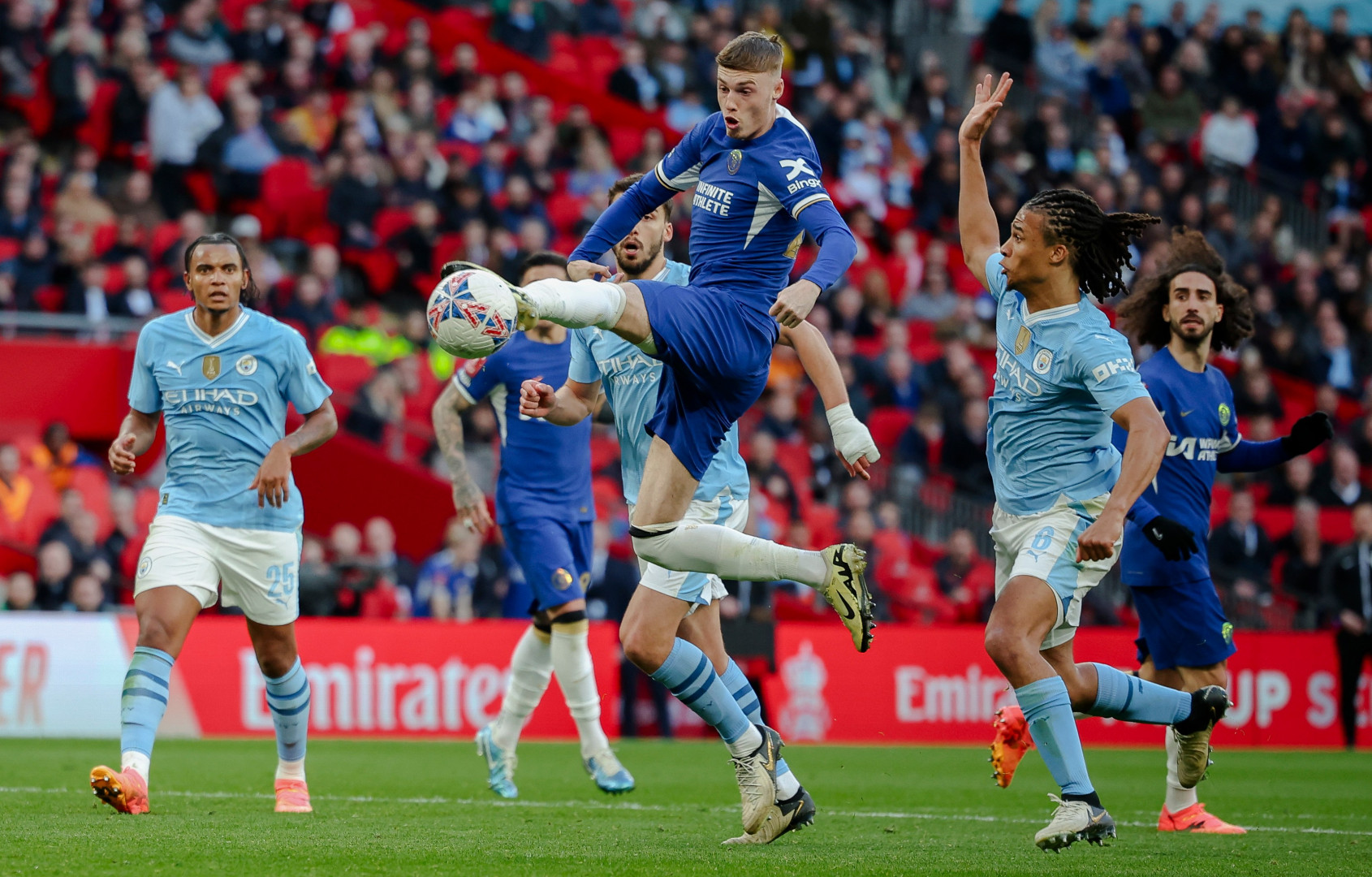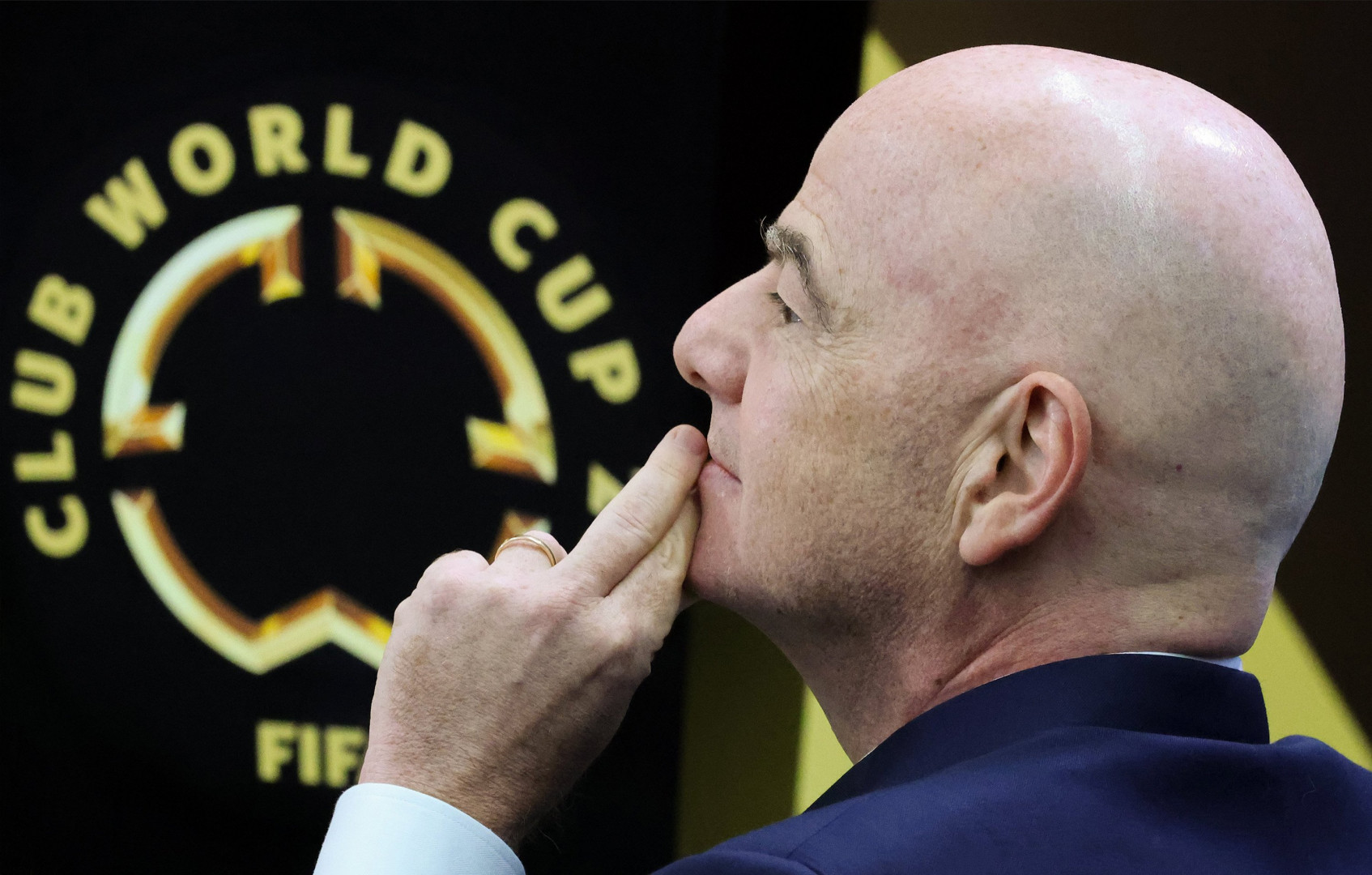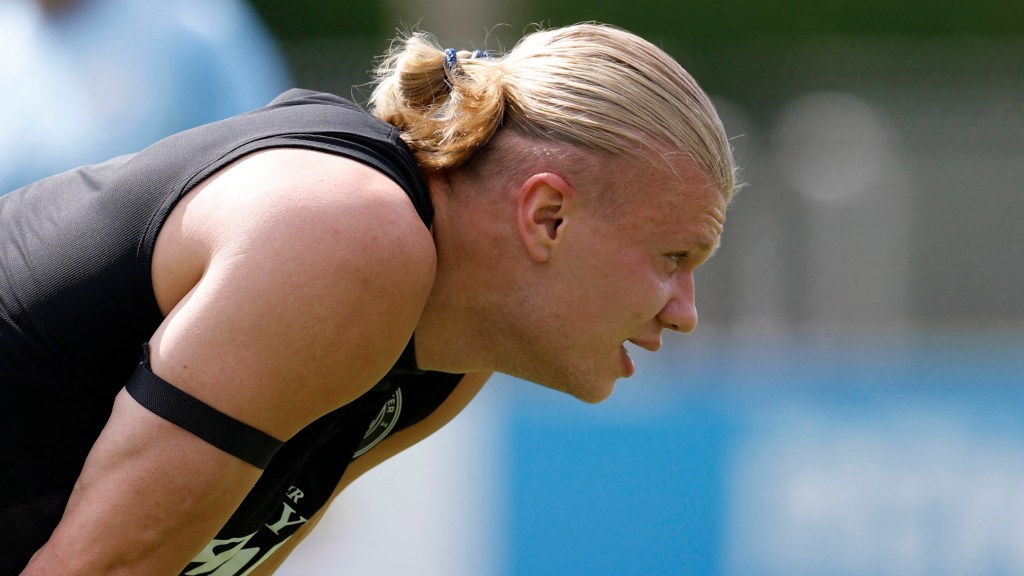PFA Leader Warns of Unsustainable Football Calendar Due to Club World Cup
The chief executive of the Professional Footballers’ Association (PFA) has raised alarms about Fifa’s newly established Club World Cup, labeling it as a contributor to a “never-ending football calendar” that strains players.
Maheta Molango emphasized that the increased demands on athletes are untenable. The PFA is part of a legal challenge against Fifa in a Brussels court, arguing that the introduction of this competition represents an abuse of power by the governing body.
This tournament, which spans four weeks and features 32 teams—including 12 from Europe with Chelsea and Manchester City representing England—will be taking place in the United States, beginning in the early hours of Sunday (BST).
Following the Club World Cup, the Premier League will resume five weeks later, offering players a short respite before they must return to pre-season training. Manchester City’s manager, Pep Guardiola, has previously disclosed that a proposal to delay the start of the season was turned down by league officials.
Molango stated, “Players have been very vocal about the consequences of continuous football—transitioning from significant international tournaments directly into a full domestic season, then straight into international fixtures post-season.
“Many are now facing post and pre-season competitions before diving into another full campaign, culminating in yet another major tournament. It’s an endless football calendar that lacks a meaningful break, making it fundamentally unsustainable.”
Fifa President Gianni Infantino has dismissed claims that the new tournament contributes to fixture congestion.
“I am confident that once the games commence, everyone will recognize the significance of this event. It’s something remarkable,” he told Agence France-Presse.

Molango referenced a recent Delphi study by a panel of 70 medical and performance experts commissioned by the international players’ union, Fifpro, which advocates for professional players to receive at least four weeks off during the summer to prevent burnout, in addition to another four weeks of pre-season training before commencing the new campaign.
“Although players and their unions have voiced concerns about these rising demands, it is crucial to note that these issues are now corroborated by professionals who fully understand the situation,” Molango noted.
“The Delphi study emphasizes the necessity for players to have substantial, football-free periods for rest and recovery. A truly protected summer break is something players seek and have requested. This is a logical measure that benefits players and the sport as a whole.
“This issue extends beyond merely assessing the calendar and declaring ‘enough is enough’ without solutions. Medical experts concur that there are specific and immediate actions football can implement to safeguard player welfare.”

“In collaboration with our partner unions and the relevant authorities capable of enacting change, the PFA is committed to advocating for measures that will protect players now and in the future.”
In addition, Fifa has been reducing ticket prices and even offering free tickets in an effort to avoid the negative image of numerous empty seats at some Club World Cup matches. While matches featuring premier South American and European teams have drawn crowds, sales for games involving other clubs have been challenging.
Students at Miami’s Dade University were even provided four free tickets with the purchase of a $20 ticket for the opening match between Lionel Messi’s Inter Miami and Al Ahly of Egypt.
Infantino defended this tactic, stating, “People criticize Fifa for high ticket prices and then for low prices. They also criticize if we offer promotions to students. When I was a student without money, I would have loved Fifa to reach out and say, ‘Do you want to come watch a World Cup match?’
“We aim to avoid empty stadiums. I am confident that the stadiums will be quite full.”




Post Comment